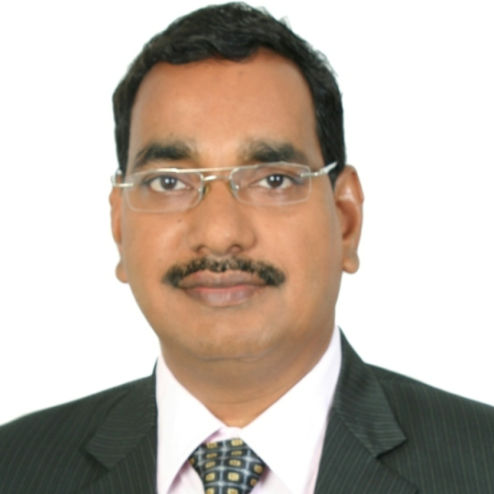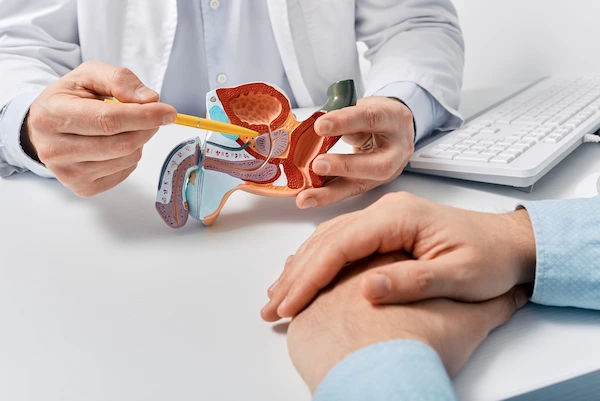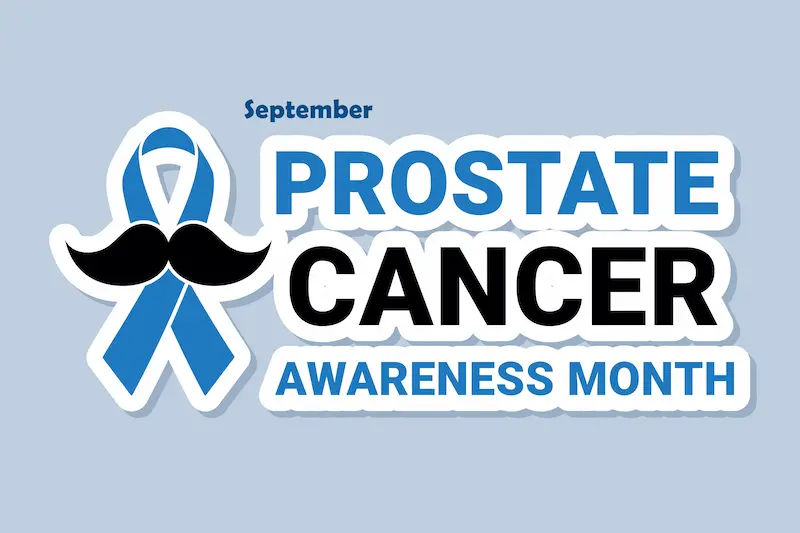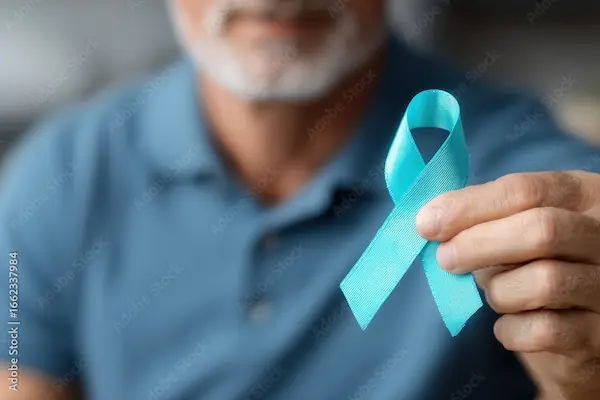Prostate Health and Concerns in Men
Prostate health is vital for men, especially with age. Learn about common concerns like enlarged prostate (BPH), prostatitis, and prostate cancer, their symptoms, causes, treatments, and tips to keep your prostate healthy.

Written by Dr. Siri Nallapu
Reviewed by Dr. Rohinipriyanka Pondugula MBBS
Last updated on 13th Jan, 2026

The prostate is a small, walnut-sized gland that plays an important role in men’s reproductive health. While it may not be something you think about every day, keeping your prostate healthy is essential for overall well-being, especially as you age.
In this article, we’ll discuss common prostate concerns, symptoms to watch for, and simple ways to maintain good prostate health.
Understanding the Prostate
The prostate is located just below the bladder and surrounds the urethra (the tube that carries urine out of the body). Its main job is to produce fluid that nourishes and transports sperm.
As men age, the prostate can become a source of health issues. The three most common concerns are:
- Benign Prostatic Hyperplasia (BPH) – Non-cancerous enlargement of the prostate.
- Prostatitis – Inflammation or infection of the prostate.
- Prostate Cancer – A serious but often treatable condition if detected early.
Let’s explore each of these in detail.
1. Benign Prostatic Hyperplasia (BPH) – Enlarged Prostate
What is BPH?
BPH is a common condition in older men where the prostate grows larger but is not cancerous. While it doesn’t
increase the risk of cancer, it can cause uncomfortable urinary symptoms.
Symptoms of BPH
- Frequent urination, especially at night
- Weak or slow urine stream
- Difficulty starting urination
- Feeling like the bladder isn’t fully empty
- Sudden urge to urinate
What Causes BPH?
The exact cause is unknown, but hormonal changes as men age play a role.
Managing BPH
Lifestyle Changes:
- Limit caffeine and alcohol, especially before bedtime.
- Avoid drinking too much fluid in the evening.
- Stay active to improve urinary function.
Medications: Some drugs can help relax the prostate or shrink it.
Surgery: In severe cases, minimally invasive procedures can help.
Consult a General Practitioner for Personalised Advice
If you experience symptoms, consult a doctor for proper evaluation.
2. Prostatitis – Prostate Inflammation
What is Prostatitis?
Prostatitis is the swelling or infection of the prostate, which can be painful. It can affect men of any age.
Types & Symptoms
- Acute Bacterial Prostatitis: Sudden infection with fever, chills, and pain.
- Chronic Bacterial Prostatitis: Recurring infections with pelvic pain.
- Chronic Pelvic Pain Syndrome (CPPS): Long-term discomfort without infection.
Causes
- Bacterial infection (in some cases)
- Nerve damage or stress (in non-bacterial cases)
Management & Treatment
- Antibiotics (if caused by bacteria)
- Pain relievers (for discomfort)
- Warm baths (to ease pain)
- Stress management (since stress can worsen symptoms)
If you have persistent pelvic pain or urinary issues, see a doctor.
3. Prostate Cancer
What is Prostate Cancer?
Prostate cancer occurs when cells in the prostate grow abnormally. It is one of the most common cancers in men but is
often treatable if caught early.
Symptoms
Early stages may have no symptoms. Later signs include:
- Trouble urinating
- Blood in urine or semen
- Pain in the back, hips, or pelvis
- Erectile dysfunction
Risk Factors
- Age (risk increases after 50)
- Family history (genetics plays a role)
- Diet (high-fat diets may increase risk)
Prevention & Early Detection
- Healthy Diet: Eat more fruits, vegetables, and whole grains.
- Regular Exercise: Helps maintain a healthy weight.
- Screening Tests:
- PSA Test (Prostate-Specific Antigen): A blood test that checks for cancer risk.
- Digital Rectal Exam (DRE): A doctor examines the prostate for abnormalities.
Men over 50 (or earlier if at high risk) should discuss screening with their doctor.
Tips for Maintaining Prostate Health
1. Eat a Balanced Diet
- Include tomatoes (rich in lycopene), green tea, nuts, and fish (omega-3 fatty acids).
- Reduce red meat and processed foods.
2. Stay Active
- Regular exercise improves circulation and reduces inflammation.
3. Stay Hydrated, But Wisely
- Drink enough water, but limit fluids before bedtime if you have BPH.
4. Avoid Smoking & Excessive Alcohol
- Both can worsen prostate issues.
5. Get Regular Check-ups
- Early detection of problems leads to better outcomes.
When to See a Doctor?
If you experience:
- ✔ Frequent urination, especially at night
- ✔ Pain or burning during urination
- ✔ Blood in urine or semen
- ✔ Persistent pelvic or back pain
Don’t ignore symptoms—early diagnosis makes treatment easier!
Need Help? Book a Consultation Today!
If you have concerns about your prostate health, Apollo24|7 offers expert consultations and PSA tests from the comfort
of your home. Early detection and proper care can make all the difference.
Final Thoughts
Prostate health is crucial for a man’s overall well-being. By staying informed, making healthy lifestyle choices, and getting regular check-ups, you can reduce risks and maintain a better quality of life.
Consult a General Practitioner for Personalised Advice
Consult a General Practitioner for Personalised Advice

Dr. Mainak Baksi
General Practitioner
13 Years • MBBS , MD (MPH)
Howrah
Mainak Baksi Clinic, Howrah
(50+ Patients)

Dr. Rajib Ghose
General Physician/ Internal Medicine Specialist
25 Years • MBBS
East Midnapore
VIVEKANANDA SEBA SADAN, East Midnapore

Dr. Suvadeep Sen
Critical Care Specialist
12 Years • MBBS, MD, FNB (CRITICAL CARE MEDICINE), EDIC
Mumbai
Apollo Hospitals CBD Belapur, Mumbai

Dr Sujay P R
General Physician/ Internal Medicine Specialist
4 Years • MBBS
Bengaluru
Apollo Medical Center, Marathahalli, Bengaluru

Dr. Vijay Maurya
General Practitioner
30 Years • MBBS
Ahmedabad
Anand Daycare Clinic, Ahmedabad
Consult a General Practitioner for Personalised Advice

Dr. Mainak Baksi
General Practitioner
13 Years • MBBS , MD (MPH)
Howrah
Mainak Baksi Clinic, Howrah
(50+ Patients)

Dr. Rajib Ghose
General Physician/ Internal Medicine Specialist
25 Years • MBBS
East Midnapore
VIVEKANANDA SEBA SADAN, East Midnapore

Dr. Suvadeep Sen
Critical Care Specialist
12 Years • MBBS, MD, FNB (CRITICAL CARE MEDICINE), EDIC
Mumbai
Apollo Hospitals CBD Belapur, Mumbai

Dr Sujay P R
General Physician/ Internal Medicine Specialist
4 Years • MBBS
Bengaluru
Apollo Medical Center, Marathahalli, Bengaluru

Dr. Vijay Maurya
General Practitioner
30 Years • MBBS
Ahmedabad
Anand Daycare Clinic, Ahmedabad




